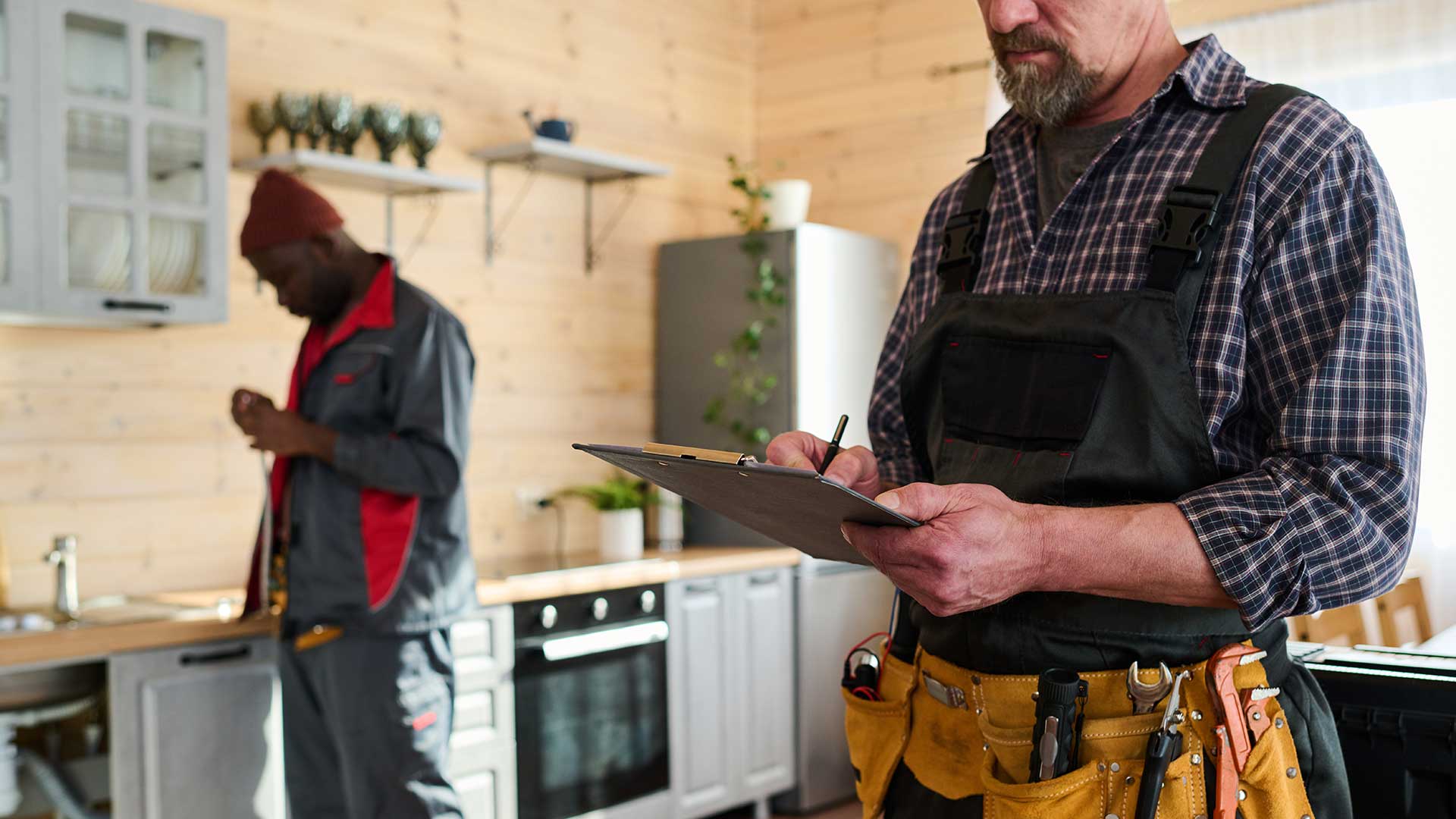Buying a house is among the most important financial choices you'll encounter during your life. Whether you’re a first-time buyer or a seasoned property investor, a home inspection is an essential step in the buying process. In Canada, where properties can vary widely in age, condition, and climate resilience, a home inspection provides peace of mind and helps buyers avoid costly surprises.
Here’s everything you need to know about the importance of home inspections and why they’re indispensable when buying a property in Canada.
What Is a Home Inspection?
A home inspection is a thorough, professional evaluation of a property’s condition. Licensed home inspectors assess various aspects of the home, including the structure, systems, and overall safety. They provide a detailed report that identifies existing or potential issues, giving buyers the information they need to make an informed decision.
Why Are Home Inspections Important in Canada?
Climate Considerations
Canadian homes are exposed to diverse climates, from frigid winters in Alberta to coastal rains in British Columbia. A home inspection can uncover weather-related issues such as poor insulation, roofing problems, or water damage caused by ice dams or heavy precipitation.
Age of Homes
Many Canadian homes, especially in cities like Toronto or Vancouver, are decades old. Older homes may have outdated electrical systems, plumbing issues, or structural concerns that a home inspection can reveal.
Building Standards and Codes
Canada has strict building codes, but not all properties meet these standards. A home inspection ensures that the property complies with local regulations and highlights any areas that require updates.
Hidden Defects
From mould in basements to termite infestations, Canadian homes can sometimes hide serious defects. A professional inspector is trained to spot these problems, saving buyers from unexpected repair bills.
Negotiation Power
If the inspection uncovers issues, buyers can use the findings to negotiate a better price or request that repairs be completed before closing.
What Does a Home Inspection Include?
In Canada, a standard home inspection typically covers the following areas:
Roof and Exterior: Includes shingles, gutters, siding, and drainage systems.
Foundation and Structure: Evaluates the integrity of the foundation, walls, and floors.
Plumbing: Checks for leaks, pipe materials, and water pressure.
Electrical Systems: Assesses wiring, panels, and overall safety.
HVAC Systems: Examines the furnace, air conditioning, and ventilation systems.
Interior Components: Reviews walls, ceilings, windows, doors, and insulation.
Attic and Basement: Looks for signs of moisture, pests, and structural issues.
What Home Inspections Don’t Cover
While home inspections are comprehensive, they have limitations. For example:
Inspectors generally don’t assess cosmetic issues unless they indicate deeper problems.
They don’t evaluate septic systems, wells, or specialized systems like swimming pools unless explicitly requested.
Environmental hazards like radon, asbestos, or lead require separate inspections.
Who Pays for the Home Inspection in Canada?
In Canada, the buyer typically covers the cost of the home inspection. Prices range from $300 to $600, depending on the property’s size, location, and complexity. While it may seem like an added expense, this investment can save you thousands of dollars in the long run.
When Should You Schedule a Home Inspection?
The best time to schedule a home inspection is after your offer to purchase has been accepted but before finalizing the deal. In most cases, offers are made conditional on a satisfactory inspection, giving buyers the option to renegotiate or withdraw based on the findings.
What to Look for in a Canadian Home Inspector
Credentials and Licensing
While licensing requirements vary by province, always choose an inspector certified by organizations like the Canadian Association of Home and Property Inspectors (CAHPI).
Experience
Look for inspectors with experience in your specific area. Familiarity with local climate and building trends is a major asset.
Comprehensive Reporting
Ensure the inspector provides a detailed report with photos and recommendations.
References
Check reviews or ask for references from past clients to ensure reliability and professionalism.
Common Issues Found in Canadian Home Inspections
Moisture and Water Damage
Particularly common in basements and crawl spaces.
Roofing Problems
Damaged shingles or improper ventilation can lead to costly repairs.
Electrical Issues
Outdated panels or unsafe wiring are common in older homes.
Foundation Cracks
These can indicate structural issues that may worsen over time.
Poor Insulation
A critical concern in Canada’s colder climates, where energy efficiency is key.
The Risks of Skipping a Home Inspection
Some buyers, particularly in competitive markets, may feel pressured to skip a home inspection to make their offer more appealing. However, this can be a costly mistake. Without a professional evaluation, you risk purchasing a property with hidden defects that could lead to major financial and safety concerns.
Conclusion
A home inspection is a vital step in the home-buying process in Canada. It ensures you know the property’s true condition, helps you avoid unexpected costs, and gives you the confidence to move forward with your purchase. Whether you’re buying a cozy bungalow in Lethbridge or a modern condo in Toronto, don’t overlook the importance of this critical investment.
When in doubt, consult a certified Canadian home inspector to guide you through the process and protect your investment. A little due diligence today can save you a lot of headaches tomorrow.
